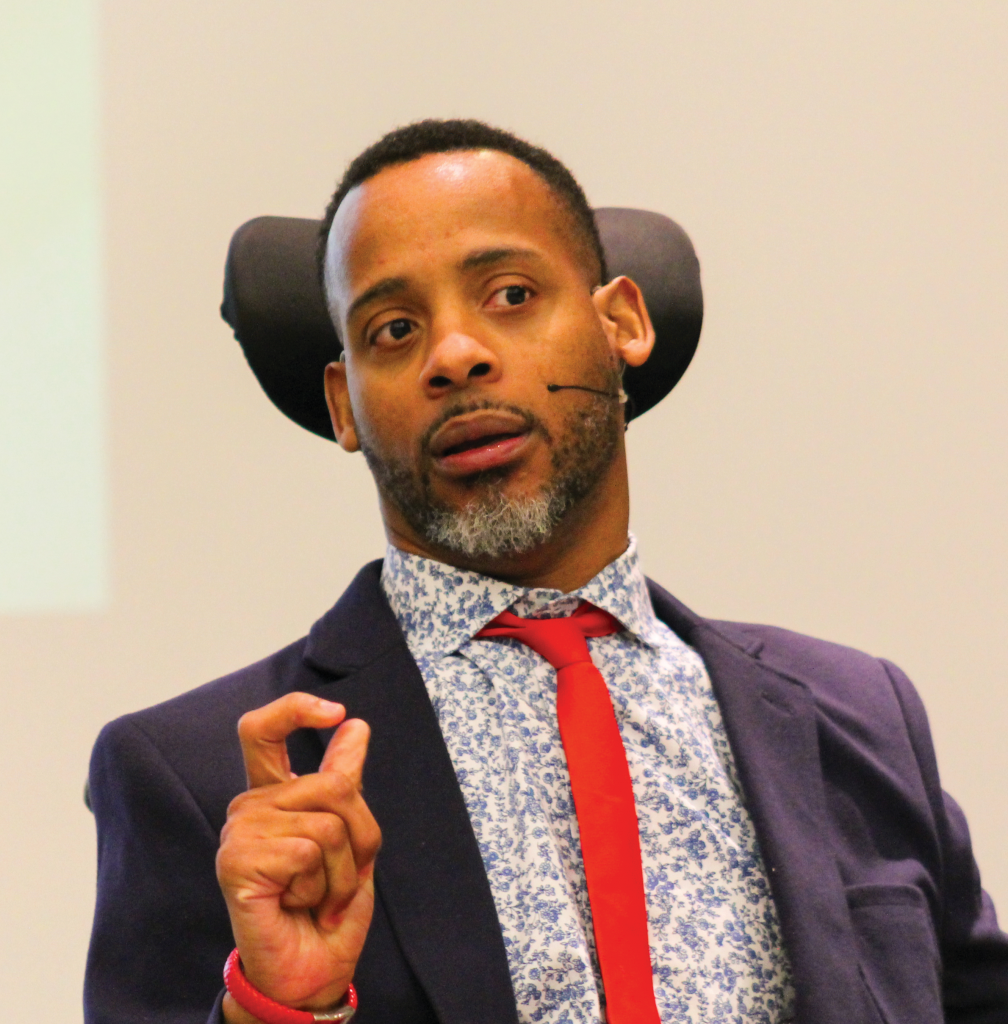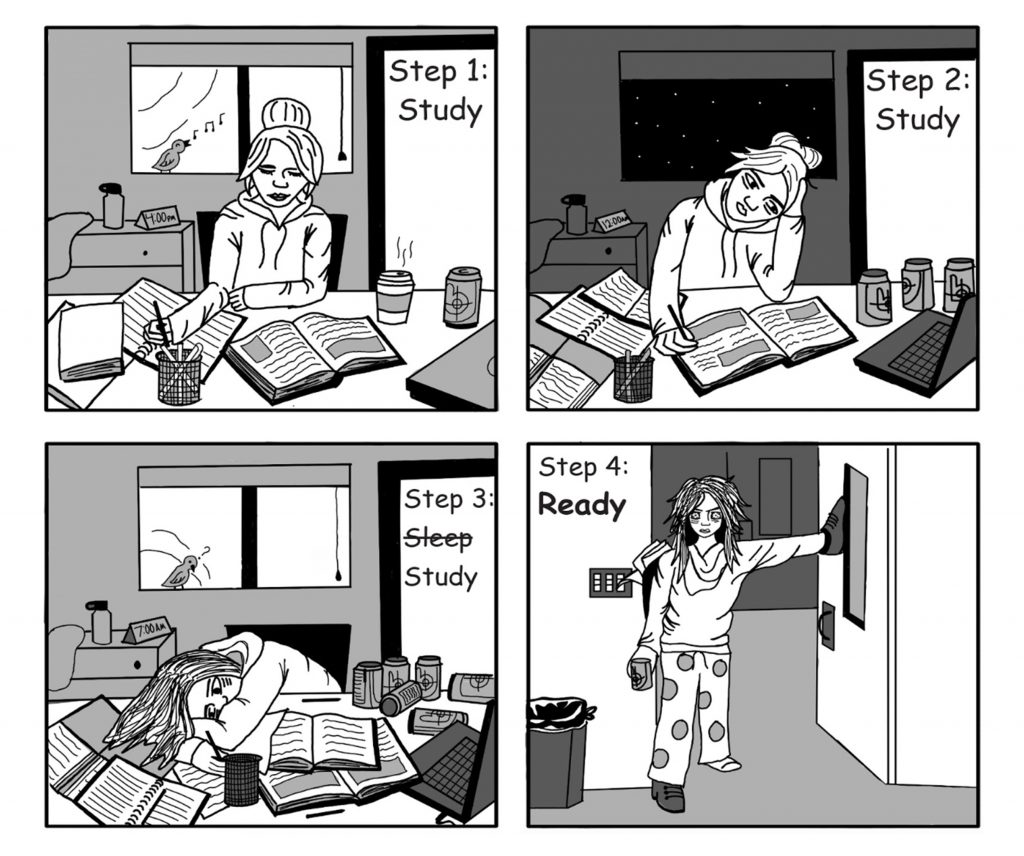
Bailey Thompson | News Editor
A sold-out event: fried chicken dinners, award-winning essays and a keynote speaker. On Jan. 23, the Pacific Room of the Werner University Center was filled to the brim for the Martin Luther King Jr. Celebration Dinner. This event, which was sponsored by the University Diversity Committee, benefited the WOU Food Pantry.
After dinner, the top essayist in the Martin Luther King Jr. Student Essay Competition, Natalie Gomez, read her essay “I Don’t Give up on the First Try” before the crowd.
Gomez’s essay challenged those present to be strong and to stand up for the same values that Dr. King sought to protect while he was alive.
“Modern man suffers from a kind of poverty of the spirit which stands in glaring contrast to a scientific and technological abundance; We’ve learned to fly the air like birds, we’ve learned to swim the seas like fish, and yet we haven’t learned to walk the Earth as brothers and sisters,” said Dr. King in a speech on Feb. 27, 1967.
“Society has come so far in science and technology; however, my mother and I cannot walk down the street without sideways glares or stares for using our Spanish,” read Gomez. “Something was made very clear to me, not for my own doing, that I was brown. Labeled like a crayon. I wasn’t the only one.”
After sharing her story, the final element of the event was the keynote speech by Christopher Coleman — a man with a story of triumphing over life’s circumstances.
Shortly after birth, Coleman was brought back from being declared dead, and his parents were told that he would live in a severely confined manner with what they thought were both physical and mental disabilities. 45 years later, he has become the first person in his large family to graduate from college, and he works as a life coach, keynote speaker and author.
In his speech, Coleman emphasized that, even though there are obstacles that some people have to face, it is vital for them to not let it define who they are.
We cannot conduct ourselves as second-class citizens,” said Coleman. “We cannot let our circumstances dictate our character … to rise above expectations, we must embrace who we are.”
With this mindset, Coleman explained how it can be dangerous to see ourselves as unequal to others because this can lead to either pride or low self-esteem.
“Equality is understanding there is no one in the universe more important than we are and no one in the universe is less important than we are,” said Coleman.
Anyone who is interested in learning more about Coleman’s life story can find additional information at christophercoleman.net.
Contact the author at howlnews@wou.edu
Photo courtesy of Bailey Thompson



 “The graffiti placed here is not only a manifestation of a larger act, but an escalation of hate that must be conquered,” said Monmouth City Councilor Christopher Lopez. “To oppose bad things in this world, we must not only feel the good and embrace it, but act upon it. This togetherness, love, caring, openness, kindness and understanding only has power when it is paired with action.”
“The graffiti placed here is not only a manifestation of a larger act, but an escalation of hate that must be conquered,” said Monmouth City Councilor Christopher Lopez. “To oppose bad things in this world, we must not only feel the good and embrace it, but act upon it. This togetherness, love, caring, openness, kindness and understanding only has power when it is paired with action.”



